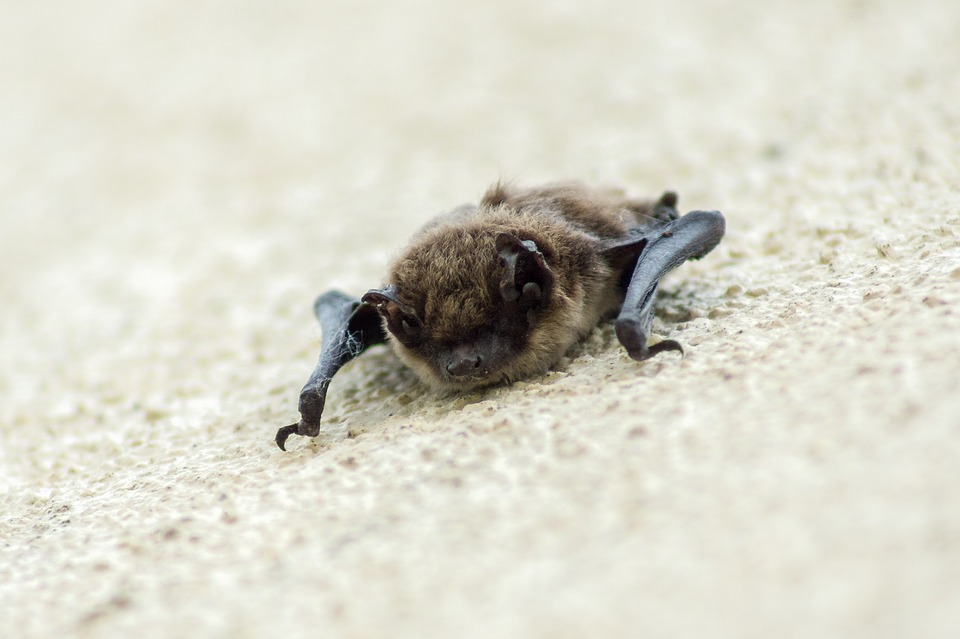
VANCOUVER — British Columbians are being asked to check for stowaway bats trying to hitch a free ride before hitting the road this summer.
The Ministry of Environment says little brown bats and other species may be hiding in nooks and crannies of trailers, campers, trucks and other vehicles.
Besides being a bit disoriented when they arrive in a new place, the bats may be carrying a fungal disease known as white-nose syndrome.
The syndrome is harmless to humans and pets, but has killed an estimated six to seven million bats in eastern North America since arriving from Europe in 2006, said Orville Dyer, B.C. white-nose syndrome response co-ordinator.
It has not taken hold yet in the province, but officials said Friday tests had confirmed cases for the first time in Manitoba and it also appeared in Washington state in 2016.
“It had been moving very slowly across the continent from east to west, and then all of a sudden it leapt about half the continent to arrive in Washington, within about 150 kilometres from our border. So it puts our bat species at much greater risk all of a sudden,” Dyer said.
Two of B.C.’s bat species — the little brown myotis and Northern myotis — have been listed as endangered under Canada’s Species at Risk Act as a result of the fungus in other parts of the country, he said.
Travellers are asked to check under closed umbrellas, awnings, gear racks — or anywhere else a small bat could hide — before departing.
Those who find one of the winged creatures can use a thick towel or oven mitts to remove it, gently nudge it into a container and safely release it.
And travellers who find one in their vehicles after a long trip are asked to notify the B.C. Wildlife Health Program or the B.C. Community Bat Program at 1-855-922-2287.